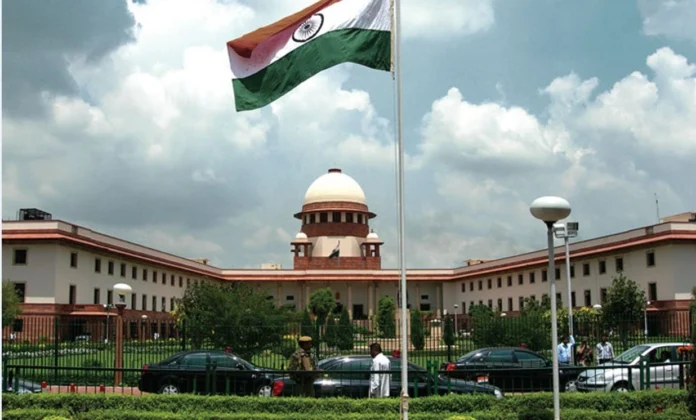The Supreme Court bench comprising Justice Surya Kant and Justice Joymalya Bagchi today highlighted that unlike the summary revision, which allowed just seven identity proofs, the SIR permits eleven—affording flexibility to voters by letting them choose any one of the list. “If they ask for all 11 documents it is anti-voter. But if any one document is asked for, then,” Justice Kant noted, stressing that the move instead supports inclusion.
Abhishek Singhvi who led the critics and petitioners, argued that while the number of documents had increased, the options themselves were not widely held. Singhvi pointed out that key documents like Aadhaar, voter ID card, and ration card were conspicuously missing, limiting accessibility. Senior advocate mentioned that merely expanded list does not serve inclusion if the documents are rare or inaccessible.
On previous occasions, the Supreme Court had urged the Election Commission of India (ECI) to incorporate Aadhaar, EPIC (voter ID), and ration cards into the roster of valid proofs, stressing their common usage and administrative acceptance. The Court underscored a legal principle: official documents should be presumed authentic, unless strong reasons show otherwise.
Still, the ECI maintained its position that these documents are not conclusive proof of voter eligibility or citizenship, citing risks such as forgery and lack of legal backing. The Commission argued that the SIR aims to verify the identity of applicants through more robust documentation and on-ground verification by Booth Level Officers (BLOs).
The Court has cautioned the ECI, however, that it retains the authority to quash the entire revision exercise should any illegality be detected down the line. “We trust you—but if we find anything wrong, we’ll quash it all,” Justice Kant warned.
Meanwhile, the ECI clarified that individuals already registered in the 2003 electoral roll do not have to submit additional documents, and their children will be automatically included if their familial linkage is established.
Opposition parties, civil society groups, and petitioners—including the Association for Democratic Reforms (ADR)—have voiced concerns that SIR could potentially disenfranchise marginalized groups, especially if valid and accessible documents are excluded. Reports indicate widespread protests and objections, including claims that as many as 6.5 million names have already been deleted or are at risk.
With Bihar heading to the polls later this year, the legality and transparency of the voter list revision exercise remain under intense judicial and public scrutiny. The Supreme Court continues to monitor the process closely, with daily hearings scheduled to ensure adherence to democratic and constitutional standards.


